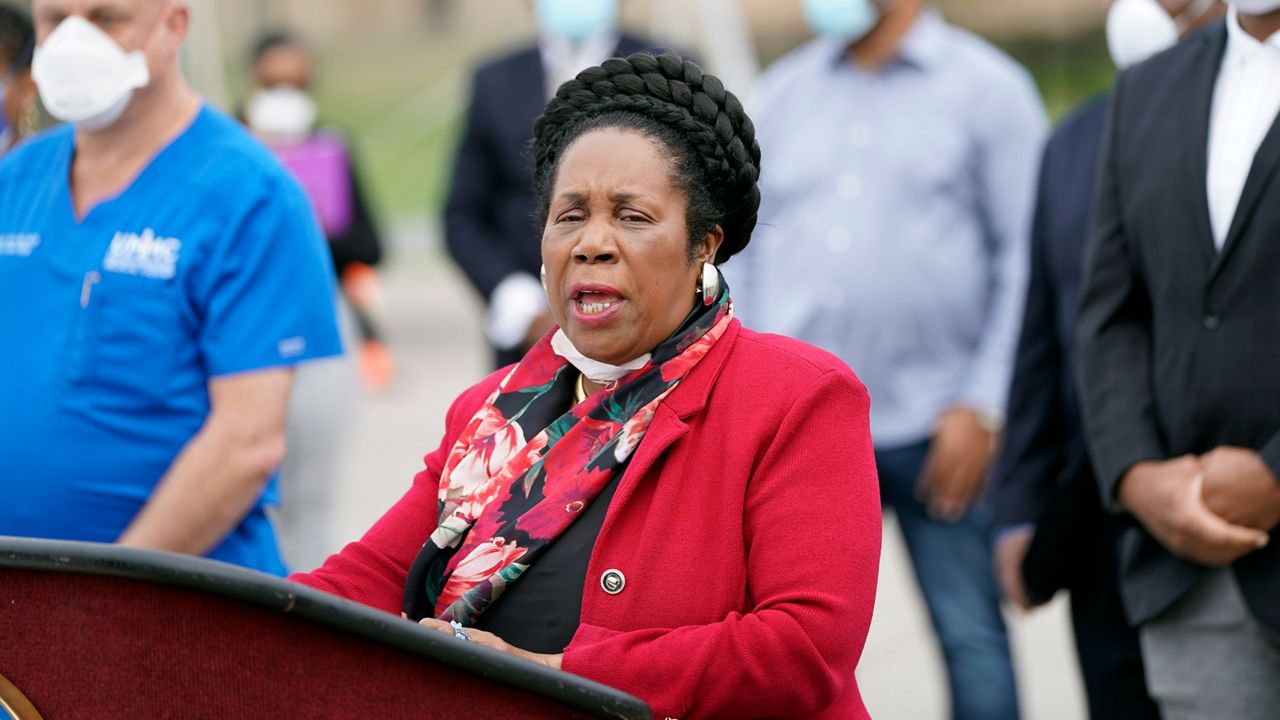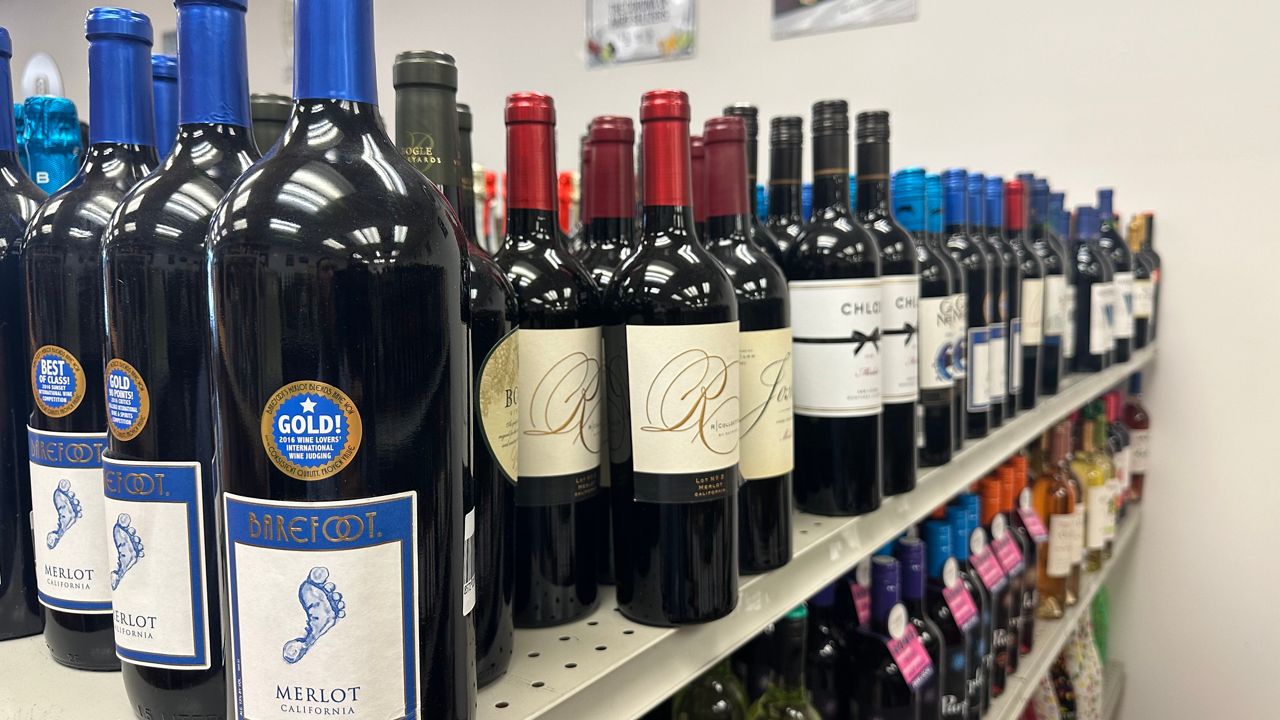- BlackVoter.Org
- Posts
- BLACKVOTER.ORG
BLACKVOTER.ORG


Cuba is making waves in the fight against racism by hosting the International Decade for People of African Descent conference, celebrating a mission of equality, equity, and social justice. Over 100 delegates from 18 countries converged in Havana to share insights and experiences aimed at combatting racial discrimination.
With notable attendees including actors and activists, the gathering highlighted Cuba's long-standing commitment to anti-racism initiatives despite the ongoing U.S.
embargo. President Miguel Díaz-Canel welcomed the delegates and emphasized the importance of cross-cultural solidarity, while participants toured Cuba's educational institutions dedicated to fostering diversity.
As the decade nears its conclusion, this event not only underscores Cuba’s efforts but also reaffirms the global community's dedication to dismantling systemic racism. The conference wrapped up with renewed energy to champion human rights and bolster international collaboration, showcasing how Cuba continues to inspire a vision of justice and equality for people of African descent worldwide.

In a striking commentary, the article reflects on how the momentum generated by the Black Lives Matter movement post-George Floyd's death appears to have dissipated. The recent acquittal of Daniel Penny, who killed Jordan Neely, a homeless Black man, underscores a chilling return to a justice system that often absolves white perpetrators of violence against Black individuals.
Despite a jury witnessing the heartbreaking public death of Neely and the desperate pleas from bystanders, Penny was deemed not criminally responsible, reigniting concerns over systemic racial injustice. The author highlights a troubling pattern: moments of accountability seem fleeting, overshadowed by an enduring culture that permits violence against Black lives under the guise of perceived threats.
With recent political shifts and a return to divisive narratives, the article poignantly questions the future of the Black Lives Matter movement and calls into focus the ongoing battle for racial justice in America.

In a heartwarming yet powerful exploration, the article "Why Black Christmas Means Resistance" highlights how the holiday season transcends mere festivities for Black Americans. Christmas has long served as a beacon of hope and a time for reflection on societal injustices, dating back to enslaved ancestors who used the brief respite to bond, strategize for freedom, and uplift their communities.
Today, this spirit of resistance manifests in significant charitable giving, with Black households contributing an impressive $11 billion annually to social justice causes, despite lower average net worth. The article also encourages readers to support various Black-led organizations like Black Women For Wellness and H.
O.P.
E., inviting them to join a long-standing tradition of activism.
Ultimately, it celebrates the enduring legacy of resilience and community spirit that flourishes during this special season.

The article explores the global resonance of the Black Lives Matter movement, particularly after the police killing of George Floyd. It highlights the historical connections between America's civil rights struggles and global movements, drawing parallels to figures like Martin Luther King Jr.
and Mahatma Gandhi. Just as King drew inspiration from Gandhi's philosophy of non-violence, today’s protests across the world—spanning from Brazil to Denmark—underscore the interconnected nature of social justice.
The U.S.
remains a focal point due to its cultural influence, with its racial issues igniting international solidarity and discussions on systemic racism. This moment serves as a powerful reminder that the fight for justice transcends borders, urging nations to confront their own histories of oppression.
In our digitally connected world, the echoes of these movements reach faster than ever before, reinforcing the idea that "Black Lives Matter" universally.

The article "Black Santa: Diverse or Divisive?" explores the ongoing debate surrounding the depiction of Santa Claus and his wife as Black figures, sparked by a recent ad from Boots. While interpretations of "Black Santa" aren't new, they raise questions about diversity versus division in holiday traditions.
Christmas brings people together, transcending race and politics, as evidenced by a Gallup poll showing 93% of Americans celebrate the holiday. Interestingly, a YouGov survey revealed that while 79% prefer the traditional white Santa, 67% are open to seeing Santa as Black.
This indicates a general reluctance to engage in divisive culture wars around such an unifying figure. Ultimately, the article suggests that Santa Claus symbolizes a shared joy that transcends racial representation, pointing out that there are more important matters to focus on during this festive season.

In a spirited campaign stop at Philadelphia’s Temple University, Donald Trump reached out to Black voters and urged Christian supporters to rally behind him for the November election. Trump promised to tackle crime by granting police "immunity" and deploying federal resources to urban areas plagued by violence, despite conflicting data showing a decrease in crime rates.
He painted a dire picture of Philadelphia under President Biden, claiming the city suffers from "bloodshed and crime." Despite skepticism from some local leaders about his sincerity towards the Black community, Trump aims to win over voters, believing he can close the gap in a city that heavily favored Biden in 2020.
Additionally, he held a prior rally with conservative Christians, encouraging them to vote and addressing the sensitive topic of abortion with a measured tone, as he acknowledged the complexities surrounding the issue.

George Bush Intercontinental Airport's Terminal E is set to be renamed in honor of the late Rep. Sheila Jackson Lee, a notable figure in Houston’s political landscape.
After representing Texas's 18th Congressional District for over three decades, Jackson Lee secured $125 million in federal funding for the airport. The proposal, backed by eight city council members, reflects a tradition of commemorating distinguished public officials, following similar honors for other local leaders.
The resolution is poised for a final vote. Jackson Lee, who passed away in July after battling pancreatic cancer, leaves behind a legacy of service and community impact that will be immortalized in this renaming, ensuring her contributions to Houston's growth and development are never forgotten.

In the wake of Trump's tariffs, the wine industry faces significant challenges that could shake up the market. These tariffs could raise import costs, making foreign wines pricier for consumers and squeezing profit margins for retailers.
American wineries may benefit from reduced competition, but they could also grapple with higher production costs as they source materials affected by the tariffs. Wine lovers may soon see fewer options and elevated prices at their favorite shops.
As the industry adapts to these changes, producers and consumers alike are left wondering: will the cherished bottles they love still be within reach? The unfolding scenario highlights the delicate balance between trade policy and the enjoyment of a fine glass of wine. With uncertainty on the horizon, enthusiasts may need to keep an eye on their favorite vintages before the toast to new year celebrations.
